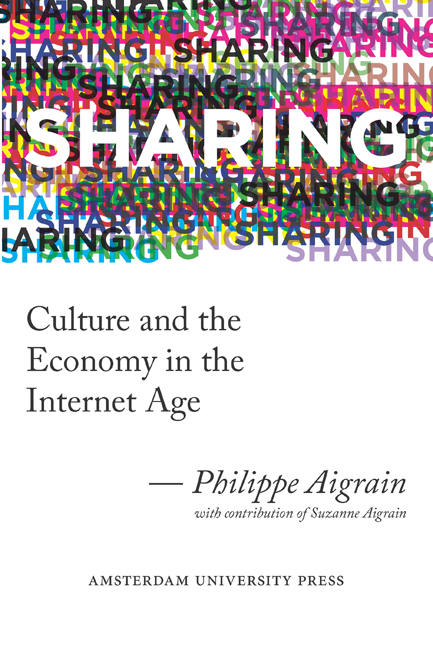5 - Which Rights for Whom? A Choice of Models
Published online by Cambridge University Press: 19 January 2021
Summary
A number of models have been proposed over the past few years to move beyond the repression of file sharing. In this chapter, we analyze them and complement them with our own proposal. We discuss the benefits and drawbacks of the various models, and obstacles which must be overcome before they can be implemented in reality.
A major distinction between different models is which rights they give to whom. Do they give actual usage rights to individuals? On which basis do they plan to reward creators? Starting with models that do not recognize the right of individuals to share contents, analyzing some limits of copyright-based and other compensatory approaches to the legalization of sharing, we will progressively sketch out the key characteristics of a new model, based on social rights. Our goal is to formulate a model that can provide a perennial source of finance to a creative economy where non-market sharing of digital works between individuals is recognized as legitimate.
Access without rights to share: commercial download or streaming licenses
The media industry dilemma
In 1997, we published an article in First Monday, a peer-reviewed on-line journal on Internet research. Attention, Media, Value and Economics (Aigrain 1997) was a contribution to a debate on the “attention economy” launched a few months earlier by (Goldhaber 1997) and (Ghosh 1997). Based on earlier work (Aigrain 1996), the paper analyzed how much people are willing to pay for one hour of interaction with music or video, for instance. The answer depends on the circumstances and the form of interaction. Unsurprisingly, in the cultural domain, people are ready to pay considerably more per hour if they experience the uniqueness of a live performance, or even when an event merely establishes a relationship with other members of an audience (for instance the projection of a movie in a theater). This live experience does not apply to recorded contents or broadcasts, but there are still great differences between forms of access and usage. What matters then is what people can do with contents. To date, people still pay more for recorded music or video than for radio and TV, even accounting for indirect payment in the form of advertising.
- Type
- Chapter
- Information
- SharingCulture and the Economy in the Internet Age, pp. 59 - 78Publisher: Amsterdam University PressPrint publication year: 2012



